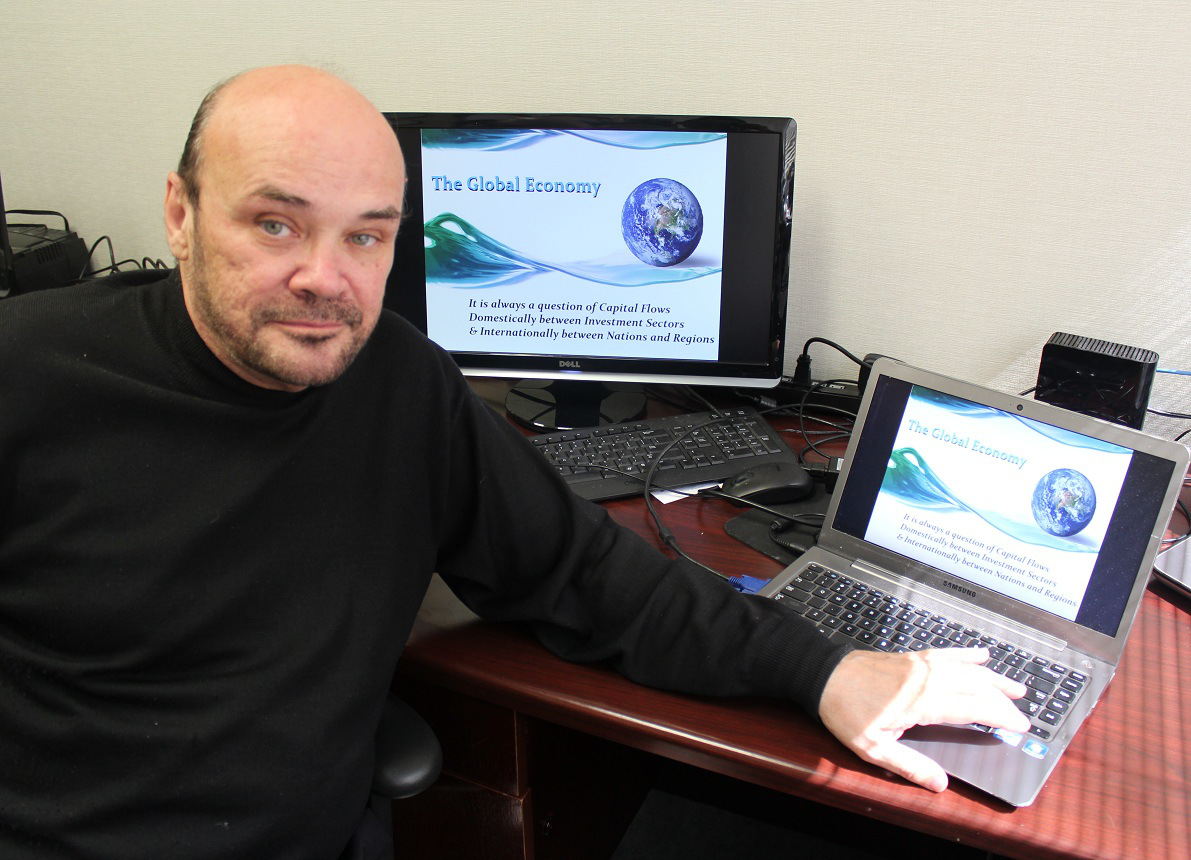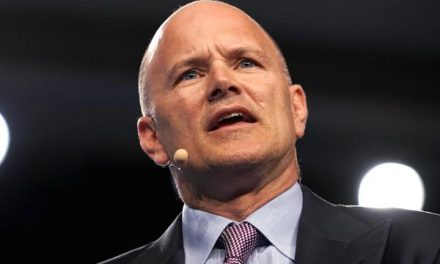Martin Armstrong’s perspective on various hot button market-related issues was put forward in a recent podcast.
Martin Armstrong is best known as a trader who developed his economic confidence models for forecasting major turning points in the financial market.
His models successfully forecasted the crash of 1987 to the day and the 2011 secular bull market.


“His (Martin Armstrong) models successfully forecasted the crash of 1987 to the day and the 2011 secular bull market”
Martin Armstrong’s perspective, regarding governments mulling over banning short selling is an interesting one, particularly in Europe
Shorting a stock, or short selling is when a trader borrows shares of a company and then hopes he or she can scoop them up later at a lower price, return them to the lender and pocket the difference.
Martin Armstrong’s perspective on short selling is that regulators would be wrong if they were to ban the practice
In every major downturn, leaders have come on the stage to tell investors not to panic.
In 1929 Hoover came out and said everything was sound, in the 80s Reagan said the same thing said, Martin Armstrong. Indeed, for the latest watch Bernanke telling the world a decade ago not to worry about housing market crisis.
Martin Armstrong’s perspective is that short sellers provide scarce liquidity in a crisis
What causes prices to drop is a no-bid situation said, Martin Armstrong.
In a stock market collapse “no one dares to catch a falling knife unless you are short” said Martin Armstrong.

“no one dares to catch a falling knife unless you are short”
MARTIN ARMSTRONG
Martin Armstrong is recommending regulators not to ban short selling as these traders are the only bidders in a market crash.
“Outlaw short selling and that is why in the Great Depression the market fell by 90%, there was no bid.”
Market regulators in Europe want to ban short selling on bonds and they wrongly believing this would support the market, argued Martin Armstrong.
“It destroys free markets, and it makes Europe a disaster” said Martin Armstrong.
Martin Armstrong’s perspective on price is that investors act on anticipation
“If you think that the stock market will go up 20%, you will borrow and pay 5%, maybe even 10%” said Martin Armstrong.
“If you don’t think the stock market will go up 1% you won’t borrow at 1%” he said.
“The stock market has never peaked at the same level of interest rates twice because markets trade in anticipation” added Martin Armstrong.
“Investors buy on anticipation, not on fundamentals” he said Think about the dotcom, they bought on profits years downstream. If you believe in future you will buy, if you don’t you will not” said Martin Armstrong
“Investors buy on anticipation, not on fundamentals” – Martin Armstrong
“They don’t believe in the future,” said Martin Armstrong
“This is why QE has failed for 10 years they have lowered interest rates and punished people, going negative, etc, it has not worked” he said.
Martin Armstrong’s perspective on taxes in Europe is that they are too high
He is referring to 20 plus sales taxes on goods and services.
“German citizens have less net worth than Italians because taxes are so high,” he said.
Martin Armstrong’s perspective concerning the most pressing problem is a lack of liquidity amongst the commercial banks.
“Liquidity has been shrinking,” he said. So you have a lot of banks curtailing proprietary trading which has been shrinking dramatically like Deutsche Bank, he added.
Martin Armstrong noted that retail participation is still about 50 to 60 percent of what it was in 2007. “Retail market is still not back in,” he said.
Martin Armstrong’s perspective regarding capital flows today is that it is more on a global scale.
“If you look at capital flows everything has been moving into the US. Capital flows have been moving from the US and Europe and China dramatically,” said Martin Armstrong.
There is a shift going on, the central banks are trapped. Fed Powell is urging ECB Draghi not to keep the interest rates at rock bottom, which has not worked noted Martin Armstrong.
“ECB owns 40 % of government debt, the ECB has kept eurozone governments on life-support but it is not filtering into the economy,” he said. “But the ECB can go bankrupt. Europe refuses to consolidate the debt because member countries don’t trust each other,” he said. “So they have bail-ins,” he added. “Then there is the Fiscal side of wanting to raise taxes but it is the rich who create the jobs” said Martin Armstrong.
“If the government defaults you get nothing, private debt is different. If GM goes bankrupt you get some of your money back. You are buying tangible assets” – Martin Armstrong
Martin Armstrong’s perspective concerning the pension crisis is concerning.
The Pension crisis that is coming is off the charts, you have a serious problem was the government has done nothing but stimulate by buying their debts.
“Pensions funds now buying farmland and to rent, they are buying emerging markets, they only got scared after turkey” he said
Martin Armstrong’s perspective concerning stocks trajectory is positive based on melt-up theory.
I don’t see dow going anywhere but up Dow 35,00 by 2021
“If the government defaults you get nothing, private debt is different. If GM goes bankrupt you get some of your money back. You are buying tangible assets” he said.
That might be true for bond investors but not stock investors usually get zero in a liquidation.
“We are at a high people don’t trust bank government so they buy equities. Where can I put my money where I think I will get the majority back so they buy equities,” he said but I disagree.
“Strongly advise not to own municipal bonds, state bonds, US treasuries are probably still good another two, three years after that forget it, municipal defaults will cause contagion,” he said.
Capital moves like a loose cannon on a ship, it moves so fast policy makers can keep up” he added
Martin Armstrong’s perspective is that we are heading for a reset and I agree.
“A major crisis coming on the monetary side will probably see something similar to an international meeting of Brenton woods” he said.
In short buckle up. See Martin Armstrong’s perspective interview.
















